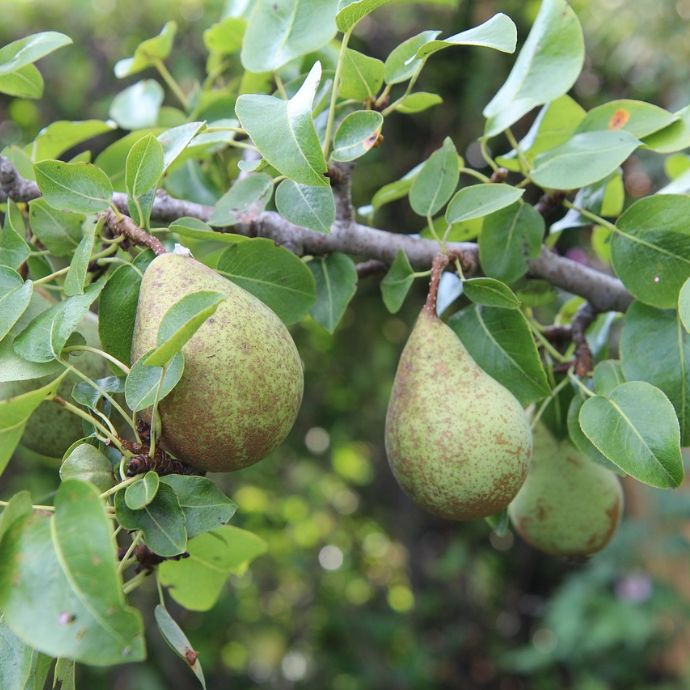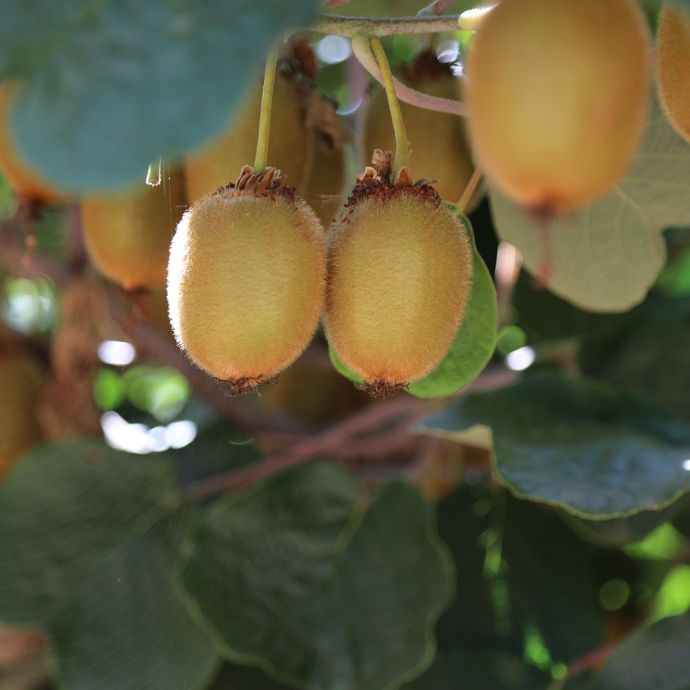Advice & Inspiration
Are Cherries Good for You?

Moreish and devilishly tasty, cherries are undoubtedly one of the very best fruits out there. Whether you like them sweet or sour, candy red or a burgundy-black, straight in the mouth or baked into a scrummy dessert, one thing we can all agree on is that cherries are the bomb.
But the question with anything so delicious is whether they’re any good for you (or not) from a health perspective? With that in mind, we’ll be exploring that very question below, examining the nutritional composition of cherries and unpacking just how healthy they are.
Jump to:
- How healthy are cherries?
- Cherry nutrition
- Cherry calories
- Cherry sugars
- Health benefits of cherries
- Differences between homegrown and store-bought cherries
- Are any cherries poisonous?
How healthy are cherries?
Speaking in rough figures, a cherry comprises 80-85% water, 15-20% carbohydrates, less than 2% protein and less than 1% fat. These macronutrient figures are pretty consistent with other fruits, like apricots for example – now let’s take a look at some of the micronutrient figures for cherries.

Cherries nutrition
Per figures from the US Department of Agriculture, 100g of raw cherries (which roughly equates to a large handful) contains the following vitamins and minerals:
|
Vitamin/mineral |
Amount |
Proportion of RDA |
|
Vitamin A |
3µg (micrograms) |
0.43% (men) 0.5% (women) |
|
Vitamin B6 |
0.049mg (milligrams) |
3.5% (men) 4.1% (women) |
|
Vitamin C |
7mg |
17.5% |
|
Vitamin E |
0.07mg |
1.75% (men) 2.33% (women) |
|
Vitamin K |
2.1µg |
Intake depends on weight |
|
Calcium |
13mg |
1.9% |
|
Phosphorous |
21mg |
3.8% |
|
Iron |
0.36mg |
4.1% (men and women over 50) 2.4% (women aged 19 to 49) |
|
Magnesium |
11mg |
3.7% (men) 4.1% (women) |
|
Potassium |
222mg |
6.3% |
|
Copper |
0.06mg |
5% |
Cherries calories
There are only 63 calories in 100g of fresh cherries, while the same quantity of dried cherries contain 333 calories. Dried cherries contain more concentrated levels of sugar, which accounts for the calorific difference.
Sugars in cherries
Fruits are naturally quite high in sugar and cherries are no exception. 100g of fresh cherries contains 12.8g of sugar, or 42.67% of your daily sugar intake. As you can see, that’s a pretty sizable figure, but sugars have gotten a bad rep over the years, when in actual fact, sugar (alongside other carbohydrates) is one of the body’s primary energy sources. In other words, we need sugar!
That said, sugar is also pretty calorie-dense and should therefore be consumed in moderation.

What are the main cherry benefits?
So, now we’ve detailed the ins and outs of cherry nutrition, let’s dive deeper into some of the major benefits provided by these small stone fruits. From improved heart health to more restful sleep, these little flavour grenades are more than just delicious…
Heart health
Polyphenol antioxidants within cherries (including anthocyanins and catechins) are thought to help protect against cell damage within the vascular region, reduce blood pressure, mitigate against atherosclerosis, as well as boasting extensive anti-inflammatory properties. A few cherries to help the ol’ ticker keep in shape doesn’t sound too bad to us!
Sleep
Cherries contain a hormone called melatonin, a chemical which is in part responsible for the quality of our sleep cycle. Generally speaking, boosting your body’s supply of melatonin can help improve the restfulness of your sleep. For the best effects, drink some tart cherry juice (Prunus cerasus) rather than opting for sweet cherries (Prunus avium).
Antioxidants
We’ve touched on how certain antioxidants present within cherries can help with heart health, but that’s not where their benefits end. From helping combat the development of free radicals associated with cancerous damage, to a reduction in the likelihood of certain degenerative diseases like Alzheimer’s, these nifty chemicals are worth shouting about – and cherries are chock full of ‘em.

Differences between homegrown and store-bought cherries
While there aren’t any major nutritional differences between homegrown and store-bought cherries, the former are often picked at the perfect time, with regards to ripeness, while the latter are often picked a little before they’re fully ripe, so as to better withstand the transportation process. So for the most ripe cherries, grow your own!
Growing your cherries rather than purchasing them from the supermarket is also better for the environment. Under a quarter of food and veg sold in the UK is grown domestically, with cherries often imported in from countries like the USA and Turkey. Clearly, the emissions from transport is going to be greater for cherries flown in than it is from you going out into the garden in your dressing gown and slippers, and filling a trug.

Are any cherries poisonous?
Neither sweet nor tart cherries are inherently poisonous, although a small number of people might find themselves allergic to the fruit. Signs that you may be allergic to cherries include itchy skin, swelling in the face, breathing difficulties, nausea and a rapid heartbeat.
At the severe end of the spectrum, sufferers might experience anaphylaxis (though the lifetime risk of experiencing an anaphylactic reaction is only between 0.05 and 2% so it’s worth stressing that it’s not common). Anaphylaxis also often brings with it a feeling of impending doom or dread and a rapid fall in blood pressure.

Final thoughts
The fact that these fruits are healthy as well as delicious really is the cherry on top of the cake. Plant your own cherry tree and get both the satisfaction of nourishing your body with something nutritious and the satisfaction of growing your own fruit. Satisfaction overload. We’ve even got an entire article on how to prune your cherry tree, so what are you waiting for?





















